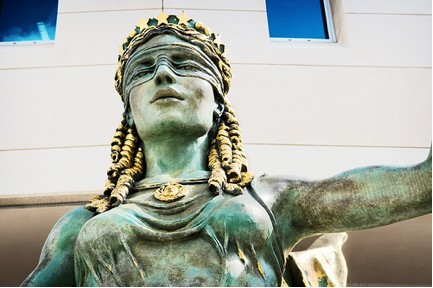Senate Bank Reform Bill One Vote Short
 The fate of the Wall Street reform bill is up in the air after the death of Senator Robert Byrd of West Virginia. The bill is a single confirmed vote short of the 60 votes needed to get past a threatened filibuster by Senate Republicans. From day one, the Bankster team has supported the Consumer Financial Protection Bureau (CFPB) and that is still one of the strongest pieces of the bill. It is a great time to send off the last emails to Senators telling them to put a new cop on the block in the form of a CFPB.
The fate of the Wall Street reform bill is up in the air after the death of Senator Robert Byrd of West Virginia. The bill is a single confirmed vote short of the 60 votes needed to get past a threatened filibuster by Senate Republicans. From day one, the Bankster team has supported the Consumer Financial Protection Bureau (CFPB) and that is still one of the strongest pieces of the bill. It is a great time to send off the last emails to Senators telling them to put a new cop on the block in the form of a CFPB.
Tell Us What You Think of the Bill
We want to hear from you about what you think of the bill, and what grade you would give it if you were a kindergarten teacher grading Congress on its performance. Conceptually, the bill breaks down into three main parts.

 A group of conservative attorneys declared that they were on a
A group of conservative attorneys declared that they were on a  Today, U.S. Senator
Today, U.S. Senator  When the Senate bank reform legislation passed in May, Senate Majority Leader
When the Senate bank reform legislation passed in May, Senate Majority Leader 
 When the
When the 